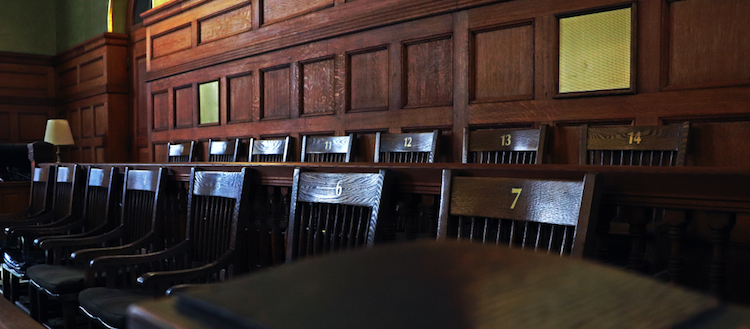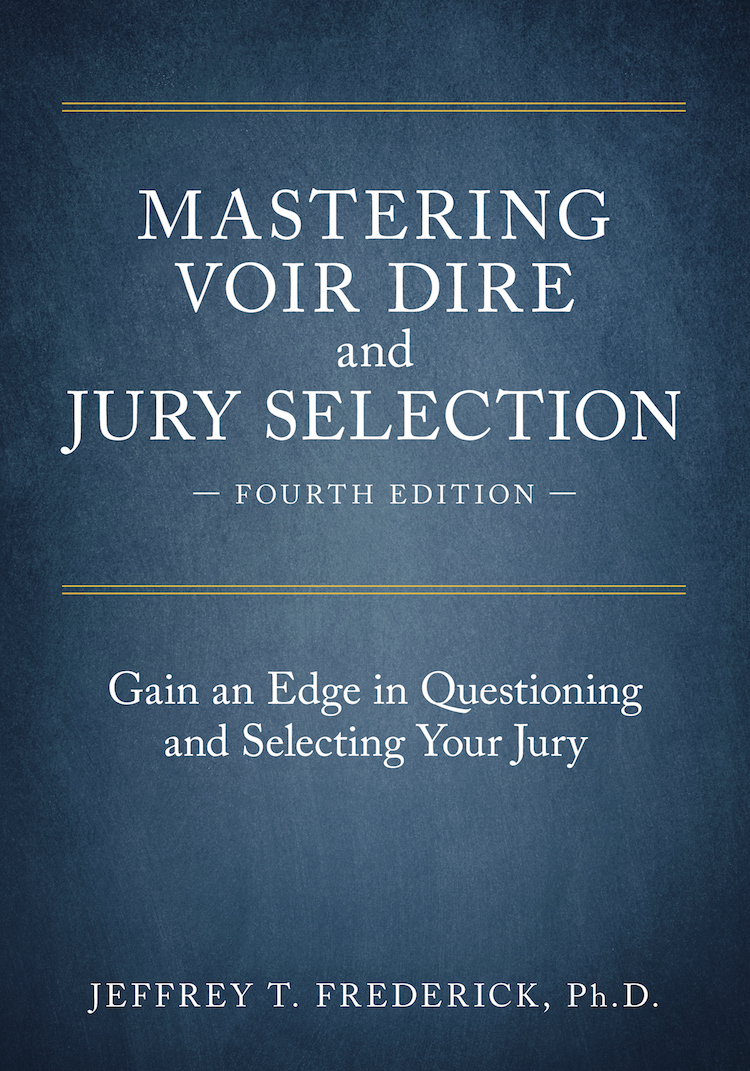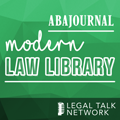How to master the jury selection process

Image from Shutterstock.com.
The jury selection process can be one of the most challenging aspects of jury trial, and it is often the least-known trial lawyer skill. During this important process, trial lawyers should focus on identifying potential jurors who harbor some bias or have beliefs that would make them less beneficial than others.
As director of the National Legal Research Group’s jury research services division, Jeffrey T. Frederick is an expert on jury selection strategies. His new book, Mastering Voir Dire and Jury Selection, Fourth Edition: Gain an Edge in Questioning and Selecting Your Jury, shares how to develop and ask the questions to uncover information. Filled with useful tips and sample juror questionnaires, Mastering Voir Dire and Jury Selection combines practical experience with social science to take the guesswork out of the courtroom.

In this new episode of the Modern Law Library podcast, Olivia Aguilar of ABA Publishing talks to Frederick about the significance of nonverbal cues during questioning, why open-ended questioning is the best way to secure necessary information, and how you can break the ice with a conversational tone.
Podcast listeners can purchase Mastering Voir Dire and Jury Selection, published by the ABA Solo, Small Firm and General Practice Division, through the ABA web store. Listeners can take an extra 20% off at checkout with the code “VOIRDIRE” throughout November.

Apple | Spotify | Google Play
In This Podcast:

Jeffrey T. Frederick
Jeffrey T. Frederick is director of the National Legal Research Group’s jury research services division. The division provides research and assistance to lawyers in addressing the problems faced in trying cases before juries. Frederick has assisted lawyers in the application of social science research methods to jury selection and persuasion issues since 1975. His firm has been the recipient of the Virginia Lawyers Weekly’s Readers’ Choice Award for Best Jury/Trial Consulting Service for the last three years.



